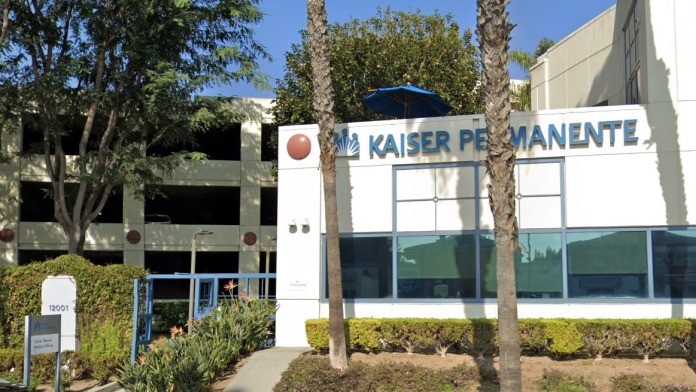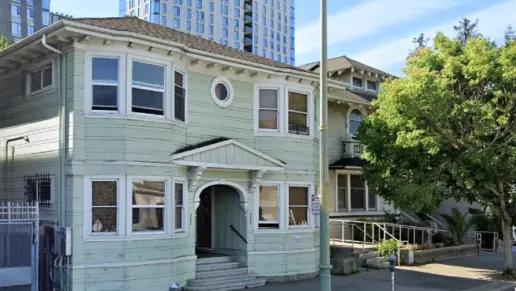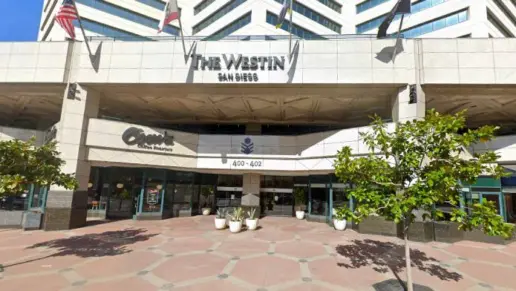About Kaiser Permanente – Chemical Dependency
Kaiser Permanente – Chemical Dependency, located in Los Angeles, California, offers medical detox, partial hospitalization programs (PHPs), and outpatient addiction treatment for adults and adolescents. Services include dual-diagnosis treatment, medication management, and Spanish-speaking treatment services.
Medical detox services allow patients to be monitored around the clock and treated for withdrawal symptoms, resulting in a more comfortable process. They also offer treatment planning so patients are ready to move into the next stage of alcohol or drug rehab.
A partial hospitalization program (PHP), often known as a day treatment program, is a full-time treatment option where patients live at home in the evenings. General outpatient care is less intensive and meets a few times per week. Outpatient services at Kaiser Permanente include individual, group, and family therapy; addiction education and life-skills training; parenting classes; medication management; and relapse-prevention planning.
To help patients maintain long-term recovery, Kaiser Permanente offers aftercare services such as connections to 12-Step and other recovery programs, sober living options, and referrals to social services and community resources.
Kaiser Permanente – Chemical Dependency accepts multiple insurance plans, such as Kaiser, Humana, Cigna, Blue Cross Blue Shield, Beacon, United Healthcare, and Magellan Health. Insurance plans vary, so be sure to verify coverage details and out-of-network benefits with your insurer.
Rehab Score
Gallery

Location
Accepted Insurance


Other Forms of Payment
Self-pay involves paying for treatment out of your own pocket. You can use savings or credit, get a personal loan, or receive help from family and friends to fund your treatment. If you don't have insurance or your insurance plan doesn't cover a specific program, self-pay can help ensure you still get the care you need.
Medicare is a federal program that provides health insurance for those 65 and older. It also serves people under 65 with chronic and disabling health challenges. To use Medicare for addiction treatment you need to find a program that accepts Medicare and is in network with your plan. Out of pocket costs and preauthorization requirements vary, so always check with your provider.
Medicaid is a state based program that helps lower-income individuals and families pay for healthcare. Medicaid covers addiction treatment so those enrolled can use their coverage to pay for rehab. When a program accepts Medicaid the client often pays very little or nothing out of their own pocket.
Addiction Treatments
Levels of Care
 Outpatient
Outpatient
 Medically Assisted Detox
Medically Assisted Detox
 Intensive Outpatient
Intensive Outpatient
Treatments
The goal of treatment for alcoholism is abstinence. Those with poor social support, poor motivation, or psychiatric disorders tend to relapse within a few years of treatment. For these people, success is measured by longer periods of abstinence, reduced use of alcohol, better health, and improved social functioning. Recovery and Maintenance are usually based on 12 step programs and AA meetings.
Drug rehab in California teaches participants constructive ways to stay clean and sober. Treatment revolves around helping individuals stop using the substance they are addicted to and learn healthy habits to avoid relapse.
Many of those suffering from addiction also suffer from mental or emotional illnesses like schizophrenia, bipolar disorder, depression, or anxiety disorders. Rehab and other substance abuse facilities treating those with a dual diagnosis or co-occurring disorder administer psychiatric treatment to address the person's mental health issue in addition to drug and alcohol rehabilitation.
Opioid rehabs specialize in supporting those recovering from opioid addiction. They treat those suffering from addiction to illegal opioids like heroin, as well as prescription drugs like oxycodone. These centers typically combine both physical as well as mental and emotional support to help stop addiction. Physical support often includes medical detox and subsequent medical support (including medication), and mental support includes in-depth therapy to address the underlying causes of addiction.
Substance rehabs focus on helping individuals recover from substance abuse, including alcohol and drug addiction (both illegal and prescription drugs). They often include the opportunity to engage in both individual as well as group therapy.
Programs

Adult Program
Clinical Services
Group therapy is any therapeutic work that happens in a group (not one-on-one). There are a number of different group therapy modalities, including support groups, experiential therapy, psycho-education, and more. Group therapy involves treatment as well as processing interaction between group members.
Contact Information
12001 West Washington Boulevard
Los Angeles, CA 90066











